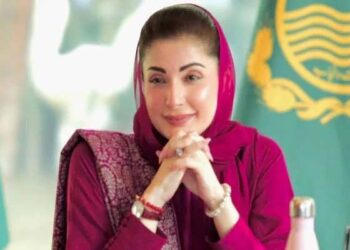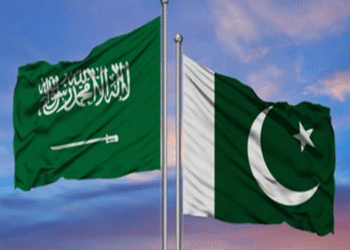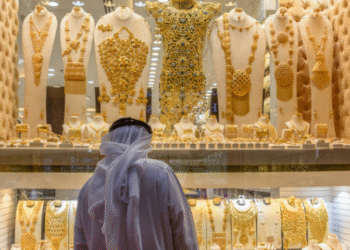Lahore, Pakistan (NTN News) — A high-profile conference on air pollution is taking place at the Lahore Expo Centre under DawnMedia’s “Breathe Pakistan” initiative. The event aims to spark national collaboration and spotlight actionable strategies to improve air quality across Pakistan.
Environmental Change Takes Time
Environmental lawyer Rafay Alam highlighted that while citizens demand cleaner air, long-term transformation requires more than just promises or symbolic actions. He urged policymakers to rely on accurate environmental data and scientific monitoring, emphasizing that real change takes time and consistency.
Global Funding Imbalance in Clean Air Initiatives
During a session titled “Financing Clean Air for Pakistan,” World Bank climate specialist Shafick Hoossein shared that nearly 99% of the world’s population breathes air that does not meet World Health Organization (WHO) standards. Shockingly, only 1% of global development funds are allocated to improving air quality.
Ahsan Iqbal’s Strong Message to the Developed World
Pakistan’s Planning Minister Ahsan Iqbal issued a powerful warning to the developed world, accusing it of making hollow pledges on climate change.
“Your emissions are poisoning our lungs,” he said. “The very air we breathe has become our enemy.”
Iqbal described the worsening air quality as part of a climate emergency that disproportionately affects developing nations like Pakistan. He also referred to recent catastrophic floods as “man-made climate disasters,” citing over 1,200 deaths, mass displacement, and severe economic losses.
He urged wealthier countries to honor their climate finance commitments, provide green technology access, and move from “empty talk to tangible results.”
Pakistan’s Cities Choking on Pollution
Ahsan Iqbal pointed out that Lahore is not alone in this crisis. Other major urban centers — Karachi, Faisalabad, and Peshawar — are also suffering from dangerously high pollution levels.
He compared inhaling city air to “smoking two packs of cigarettes a day.”
According to Iqbal, smog spikes during winter, but even the baseline pollution throughout the year remains at unsafe levels. “This is not just an environmental issue,” he said, “it’s a fight for survival. Let’s roll up our sleeves, clear the air, and get to work.”
Punjab’s Response: Stronger Policies and Monitoring
Silwat Saeed, Secretary of Punjab’s Environment & Climate Change Department, outlined a three-part strategy focusing on:
-
Air quality monitoring
-
Pollution mitigation
-
Public awareness
Over the past year, Punjab has expanded air monitoring stations from 2 to 41, with a goal of reaching 100 stations across the province.
Saeed also highlighted plans to map industrial hotspots, deploy an environmental protection force, and integrate climate-based development policies.
She noted that Punjab’s geographical conditions trap pollutants, worsening smog — making regional action more urgent than ever.
Meanwhile, Minister Aurangzeb announced new initiatives including AI-based AQI forecasting, mobile fuel testing labs, anti-smog technologies, and incentives for citizens to retire older vehicles.
A Call for United Action
Nazafreen Saigol-Lakhani, CEO of DawnMedia, urged stakeholders to turn climate conversations into commitments and make clean air a shared national priority.
UN Pakistan Representative Mohamed Yahya called air pollution a “silent pandemic,” reminding the audience that 99% of humanity breathes unsafe air, leading to millions of premature deaths every year.
Conclusion
As highlighted at the Breathe Pakistan conference, air pollution is not a distant threat — it’s an urgent national crisis. From government reforms to global accountability, NTN News emphasizes that the time to act is now.





















